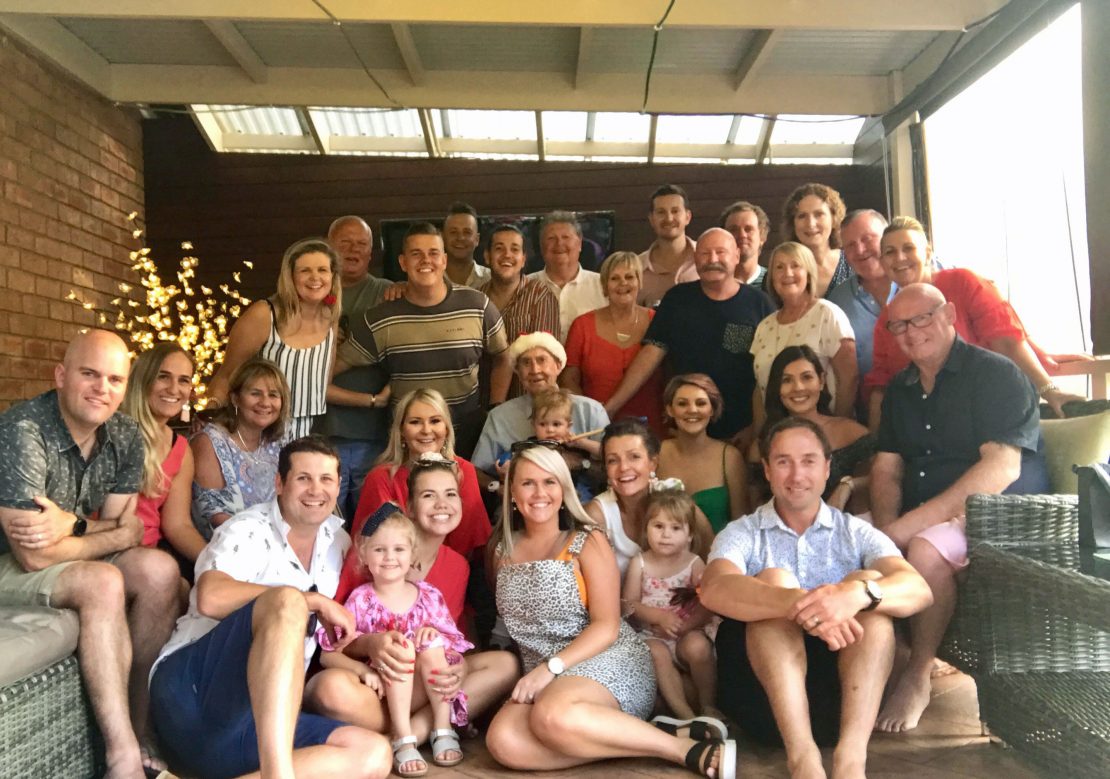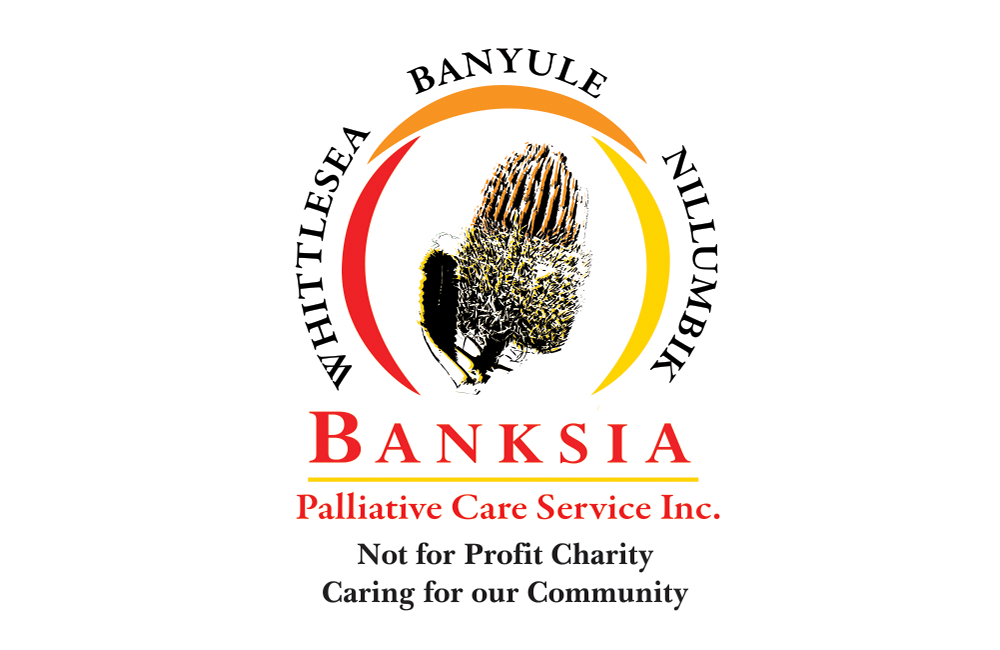Over 70% of Australians want to die at home but less than one in six do. Keith Barden’s family provided care so their father could enjoy his last months and die at home.
“Dad was a great man. He took on five boys under the age of 8 when he was 23. He also had two daughters with his wife Barbara. We had a biological father but Keith was our father. He was such a special guy. He worked hard and was very committed to his family,“ says Neil, reflecting on his father who died recently aged 79.
Keith loved his large family, which also included his children’s partners, thirteen grandchildren and five great-grandchildren.
“Dad chose not to have any treatment. He knew his time was short. He wanted to stay at home to die. So we all worked together to ensure that he could.”
“Dad wanted dignity and respect”
The words dignity and respect sum up the family’s experience of palliative care.
“We didn’t really understand palliative care. They came in and talked to us. They asked what we wanted. Dad wanted to retain his dignity and have respect. That’s what they did.
“They prepared us emotionally. They educated and supported us to care for Dad. We did what we could to enrich his life,” says Neil.
Neil says they found the public care system very good. Keith’s GP visited him at home regularly. With the GP and the palliative care nurses they agreed on a plan of care.
“We were all on the same page and on top of Dad’s situation. We developed a great relationship of trust,” says Neil.
“Palliative care was everything. It was support for Dad. He looked forward to the nurses visiting. He could ask questions privately that he didn’t want to ask his family.”
“We would sit outside and talk with the nurses. Discuss his medication and how he was feeling. We wanted him to do things he enjoyed while he could,” says Neil.
The family found that palliative care helped them to work together as a family to care for Keith. The social worker helped them to deal with areas they weren’t confident in.
“You are talking about someone you love and how he’s going to live the rest of his life,” observes Neil.
“We all learnt to work with Dad. His moods were not upbeat all the time. Dad loved people visiting him but sometimes he would say ‘Close the door, I want to be by myself’. We had been prepared for this by the palliative care staff.”
Palliative care was on call when the family needed help with care. A couple of times they called for more pain relief for Keith. They also knew how to recognise the signs that death was near.
Keith was bedridden in the last weeks of his life. The support of palliative care enabled his family to manage his personal care, including things they found confronting at first.
Neil expresses the family’s appreciation of the depth of support palliative care provided. He recalls some of the memorable moments.
“One time when we were giving Dad his oral medication he said, ‘What are you trying to do? Overdose me?’ It’s those things that you remember that are quite funny.
“Dad didn’t want to have his independence taken away and it never was. If he wanted to have a shower he’d have a shower.
“Dad loved getting out into the backyard. In the last month before becoming bedridden, Dad went into the garden and started raking. He never lost his enjoyment of life,” says Neil.

